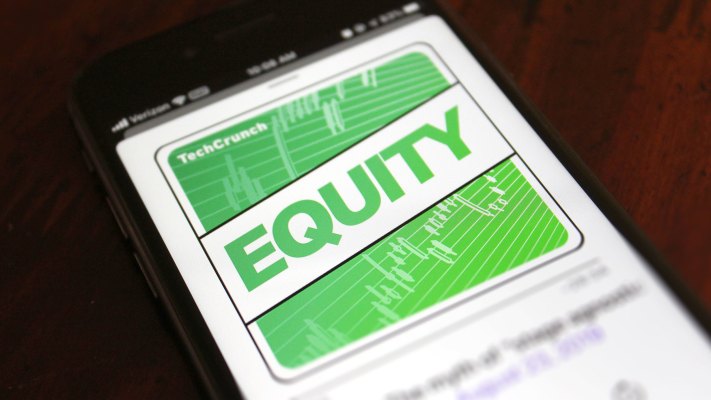When starting a tech company, there seems to be a playbook that most entrepreneurs follow. While some may start with a bit of bootstrapping, most will dive straight into raising seed money through investors. In many cases, this is a great path. It’s a path I’ve taken twice myself, first with GroupMe, and then again with Fundera.
Ironically, though, my second venture-backed company is a business focused on helping entrepreneurs find debt financing—a process I’ve gone through only once myself. But after five years of building and scaling this business, it’s made me take a step back and consider the question of when and where debt financing might be a better option for a business than equity financing, and vice versa.
I view these financing vehicles differently now than I did half a decade ago, and think it’s time we start to think a bit wider and diversely about how we finance our growing endeavors.
After all, when entrepreneurs take venture capital, they usually sign up to provide a 10x return on an investor’s capital. This expectation ultimately influences how they operate their business in the short-term. Maybe they’re not always ready for that expectation.
Or maybe they know they need to focus on building a good business before a great one. In this case, debt may be the better vehicle, where the only expectation is to pay it back.
Whether it’s money to get your business off the ground, capital to fuel additional growth, or cash to cover a gap, and whether you’re guiding the growth of a burgeoning startup, a smaller business, or even consulting firm helping other entrepreneurs, you should think critically about how you finance your business.
Here’s what to consider.










